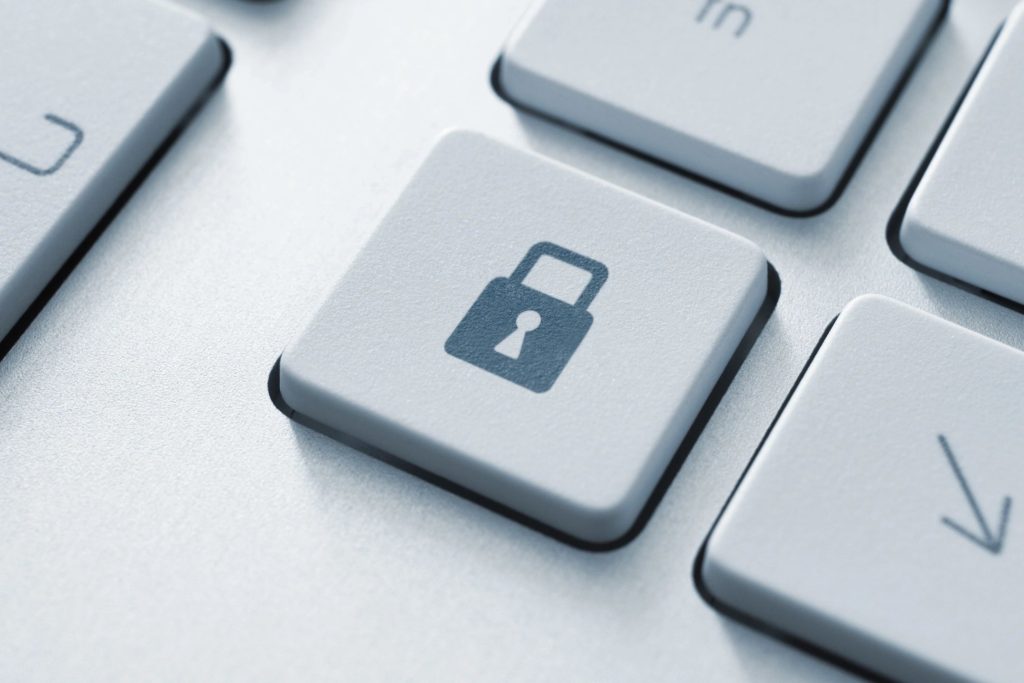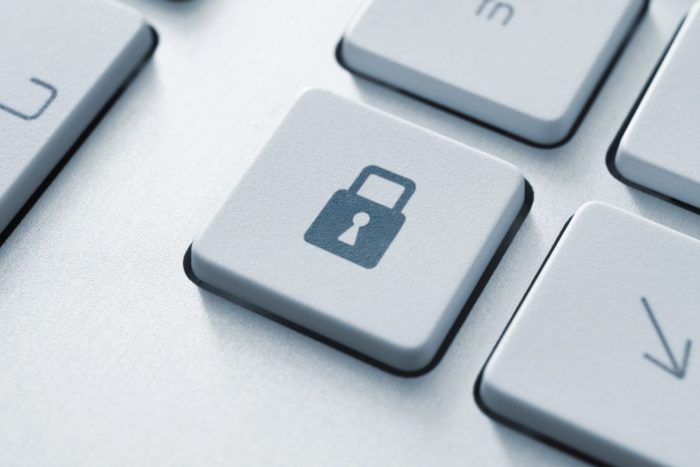
5 Simple Ways to Protect Yourself Online
In a day and age where privacy seems almost dead, it is still important to take measures in order to protect yourself online.
Even though the social media giants of the world may soon be tailoring ads directed specifically towards you and Google is collecting plenty of personal data, there are still some simple steps you can take in order to protect yourself while you’re looking at funny cat videos and finishing up any schoolwork.
 Below are five simple things you can do, starting today.
Below are five simple things you can do, starting today.
Use a Password Manager Wisely
Passwords managers are great. They help store all of your passwords in once place, help you create new ones, and keep track of any changes. They can be synched over different devices, meaning you won’t have to log in every time you switch from your laptop to tablet to mobile phone.
While passwords managers are pretty safe, they are by no means invincible. This applies to both paid services such as Dashlane and browser-made password managers.
Security experts recommend that you disable the autofill option and instead copy and paste the password from the database. Additionally, you should make sure and turn it off whenever you close out of the web.
Yes, this does take away some of the convenience that password managers offer, but it’s much better than having your passwords stolen.
Keep Your Computer Up-to-Date
One of the most annoying things for any computer user are computer updates. They always seem to come at the worst time possible and if you don’t have an SSD (solid state drive), you could be looking at anywhere from five minutes to one hour of waiting.
While those updates are annoying, they are also incredibly vital to your internet and computer safety. Those updates are typically security updates, patching any potential holes or weaknesses to protect both you and your information.
If you have an antivirus program, make sure you are keeping it updated as well. It serves little purpose if it’s not up-to-date.
Watch Your Downloads
Long gone are the days that you could open an email and have you account compromised. If you grew up during the 90s, you may remember your parents warned you about opening up any email from someone you didn’t know.
While you should still exercise a bit of caution when it comes to opening emails, it’s rather harmless (unless you truly believe if you don’t forward it to 30 people before midnight a giant werewolf will come eat everything in your fridge).
What you should be careful of are any attachments. Those attachments could contain trojans, viruses, or malware that will track your actions or bury themselves somewhere deep in your computer.
In addition, be careful of anything you download. Download items from trusted sites only and make sure you keep track of your downloading.
Use a VPN
VPNs are virtual private networks that allow you to connect your device to a private server that no one else can access or monitor. It’s like being in your own private internet area.
VPNs are incredibly important for anyone who is regularly connecting to public WIFI networks like at the airport or the local cafe. When you’re in a public place, you have zero say on the network security. While everyone may seem harmless enough, you never know who may be spying on other devices.
VPNs also have other benefits, such as opening up the door to limitless streaming options. VPNs allow you to change your geographical location to access plenty of more content from around the globe, all with the click of your mouse.
Keep Personal Info Guarded
Even though 90s parents internet advice may be a bit old, it’s still a smart idea to not give away any personal information on the internet. Even though it’s fine to let your friends know you’re in Miami over the weekend, you want to protect your personal information.
That includes going on any public forums. The internet is a great place to be anonymous and it’s better to stay anonymous than give away any info about where you live.
Even though it’s hard to pull off, many cyber criminals use certain tactics like learning about your favorite sports team, childhood pet, or grandfather’s name in order to guess your password or work their way through your security questions.
Be a smart internet browser and keep your personal information to yourself.







